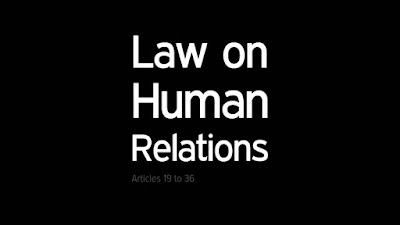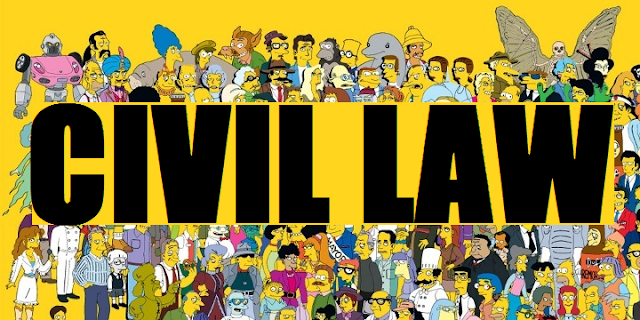FERRER vs. MAYOR BAUTISTA OF QUEZON CITY (QC)
G.R. No. 210551 FACTS: The LGU of QC enacted two ordinances. One imposes socialized housing tax (SHT) based on the assessed value of realty, to be paid by landowners. The other imposes a garbage fee (GF) to be paid by landowners based on the floor area or land area of their property. Ferrer, a landowner in QC, want to question the validity of these two (2) ordinances. ISSUE: Is the SHT tantamount to penalty on realty owners? HELD: No, it does not. Property ownership bears a social function. Also, the SHT will improve the status of property owners by increasing investment, raising land value, etc., after the relocation of informal settlers. The foundation is police power. ISSUE: Does the SHT violate equal protection, considering that those who occupy land illegally or informally do not pay while legitimate owners of land are made to pay? HELD: No, equal protection admits of exception. As long as there is real and substantial distinction, which is germane...
























